Renewable energy a bargaining target
Transport, energy sectors may be first off the blocks as ACTU declares new workplace laws could ‘reset’ hostile relations with Qantas.
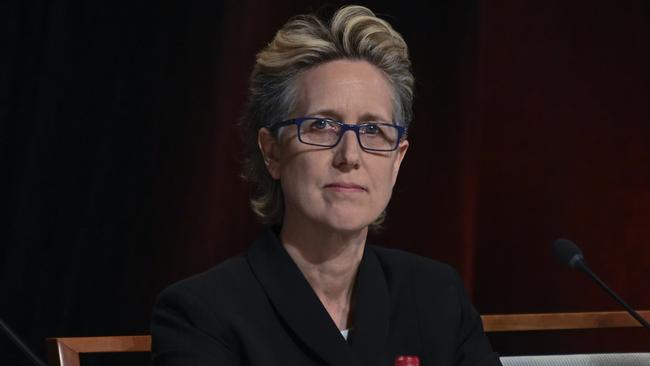
Renewable energy shapes as one of the first sectors in which unions will pursue multi-employer bargaining, with the ACTU declaring the new workplace laws could help “reset” hostile relations with Qantas.
As parliament voted 78-42 on Friday to legislate the industrial relations changes, ACTU secretary Sally McManus nominated transport as a sector where multi-employer bargaining could be used as a vehicle for a productivity-increasing framework across companies.
In an interview with The Weekend Australian, Workplace Relations Minister Tony Burke said he believed wages would start moving in months as employers moved to reactivate enterprise bargaining due to improvements in the better off overall test and to avoid being dragged into multi-employer bargaining.
Mr Burke said the government’s approach was a “very substantial change in direction” from the previous government. He said as more policy levers kicked in, more workers each month would get the benefits of the new laws.
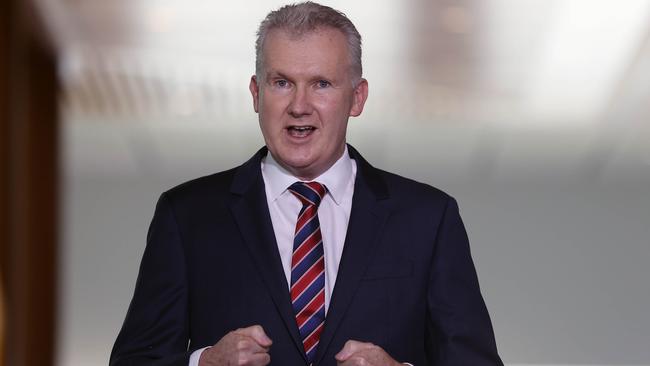
“Some impacts should be relatively quick,” he said. “Businesses who return to the table to bargain because of the changes to the better off overall test and who want to get a single enterprise agreement established before the new laws kick in, their workers will see a difference in their pay packets in the coming months.”
Ms McManus said an initial priority for unions using multi-employer bargaining in the low-paid supported stream would be to pursue pay rises for early childhood educators.
In the single-interest multi-employer bargaining stream, she nominated renewable energy and transport as sectors where unions believed the expanded provisions could work.
The renewable energy industry will have new jobs and unions want to talk to employers about encouraging new apprentices, building skill paths and career paths to ensure quality good jobs.
Mr Burke said renewable energy was “very likely” to be a sector where multi-employer bargaining occurred.
“From the government’s perspective, we want to make sure that renewables result in good, secure, well-paying jobs,” he said. “It’s been part of our language the whole way through to make sure that the energy transition involves secure well-paid jobs so we’re very hopeful that bargaining is used there effectively.”
On Qantas, Ms McManus said there was the potential for a better relationship between the airline and unions if the company stopped using the workplace laws to “game the system”.
“If they no longer do that, we’d prefer to approach this by Qantas acknowledging that things have changed, expectations have changed in terms of how they behave, the law has changed,” she said.

“Rather than us all muscling up and continuing the way we have, how about we look at a reset and … how about we use these new laws in a positive way so that we can once again rebuild faith in the Qantas brand and bring back job security and fair jobs?
“CEOs come and go, the union movement doesn’t.
“Maybe Alan Joyce will have a change of mind, He’s always been able to adapt to their regulatory environment so, hopefully, people don’t go about trying to game the new system, because if they do, I don’t think from everything I’ve heard … the current government will tolerate that.
“They’ve got a clear policy intention to have a fair system that works for both employers and workers and that one of the current problems is gaming, if they just go back and start that all over again, like they can expect that no one’s going to tolerate that. So there’s other options here. And why should they not explore those?”
Asked his response to Ms McManus’ “reset” comments, and whether there could be a shift to a more conciliatory approach, Mr Burke said: “I hope so. While the focus of the opposition attack has largely been on the concept of industrial action, the reality of bargaining when it works well is you bring parties together.
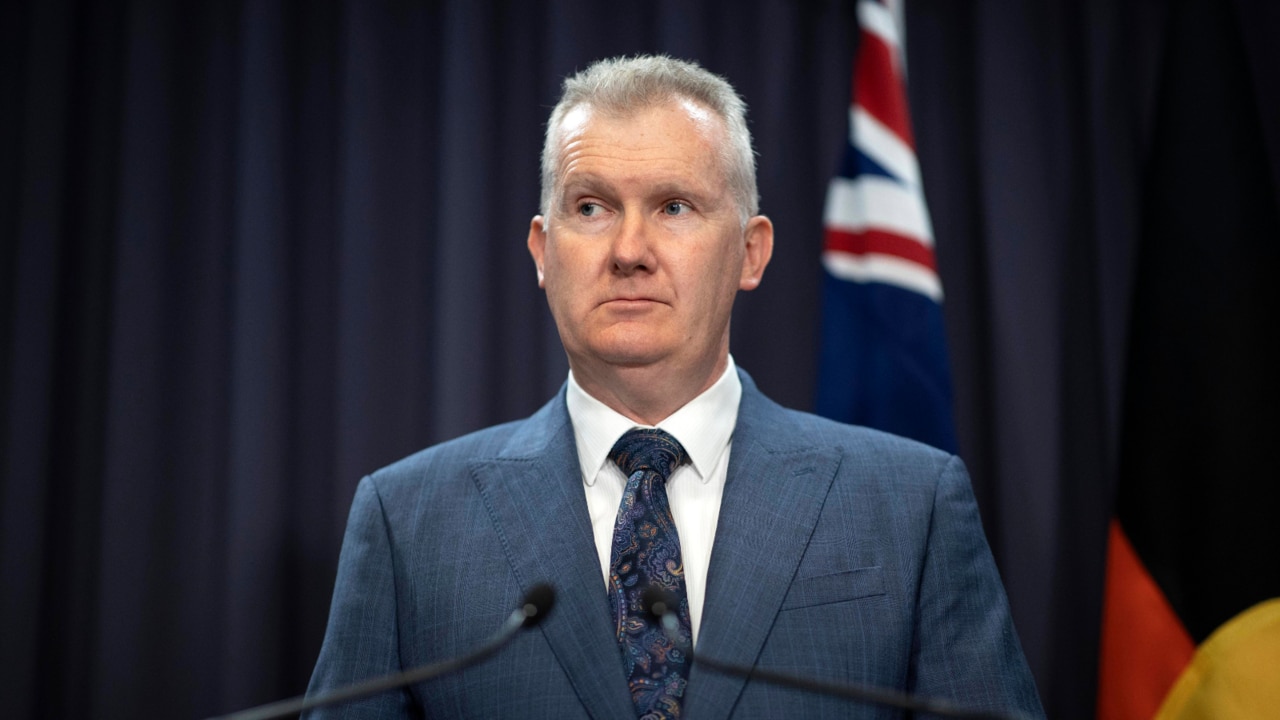
“I think the concept of arbitration being possible will make a difference in how conciliation works. So, at the moment, conciliation hasn’t been wildly successful in the commission and that’s in part for the very simple reason that there are no consequences if you don’t agree.
“With the possibility of arbitration, I think the greatest power of arbitration won’t be when it gets used, it will be that conciliation is far more successful.”
Asked what his message was to employers generally who would seek to continue to game the system, he said: “Co-operation is smarter. It’s a smarter way to operate. It’s a more effective way to operate, and when there’s a good relationship between the employer and the workforce, it’s a more productive workplace.”
Unions on Friday hailed the passage of Labor’s industrial relations changes as a win for workers but employers said the “dud” legislation would deliver zero productivity growth.
Australian Industry Group chief executive Innes Willox said the changes put at serious risk the recent strong gains in employment. “The winners from this new legislation are the unions. The losers unfortunately will be the community because of higher costs, inflation, more disruptive industrial action, lower growth of employment opportunities and higher unemployment,” he said.





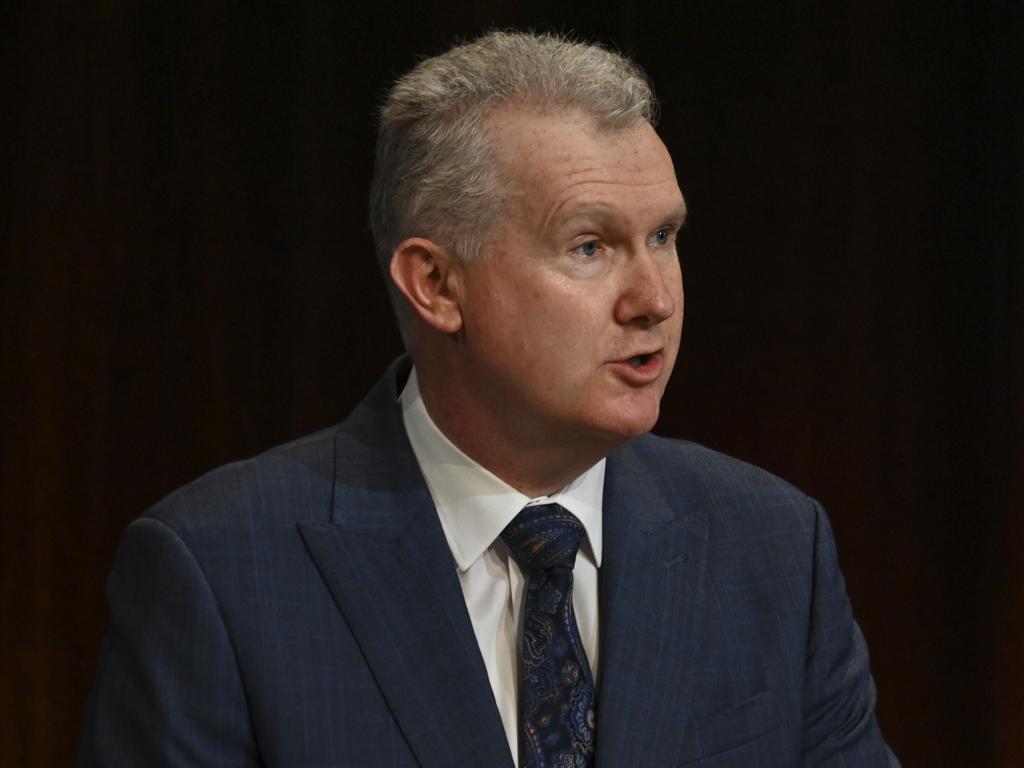
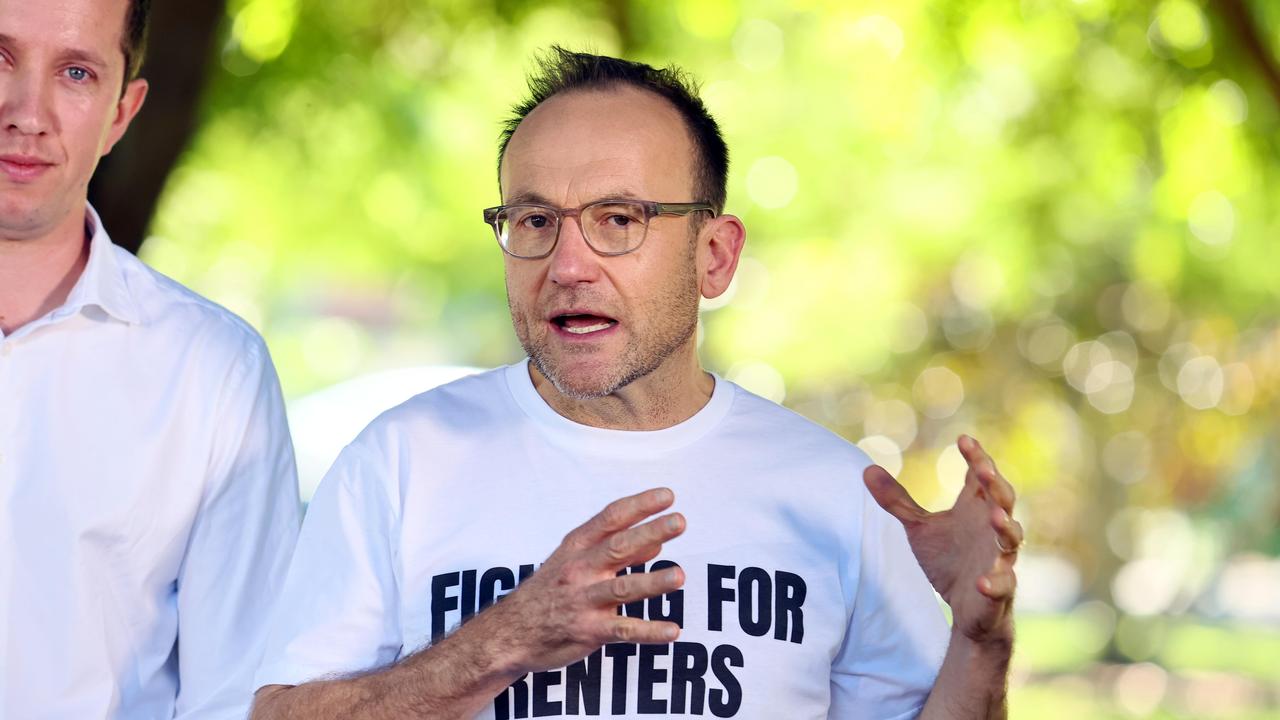

To join the conversation, please log in. Don't have an account? Register
Join the conversation, you are commenting as Logout